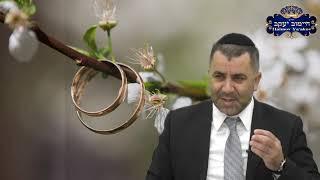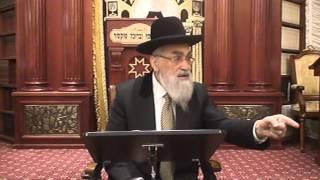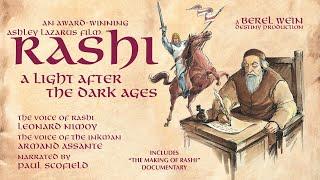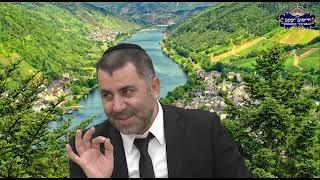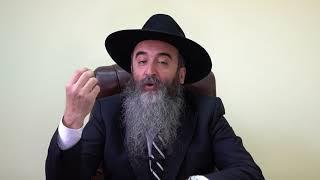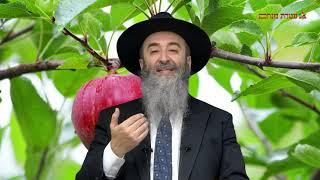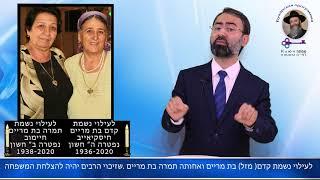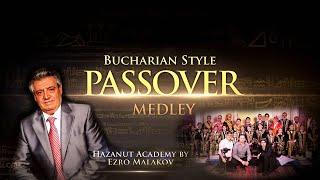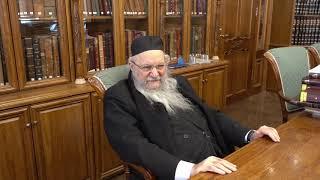Problems playing the video? Click Here to reload
Watch Videos: Random | New | Popular
All Essays | Report Video
|
Share Video
- Buy Us a Coffee -
Rabbi Duvi Bensoussan
Lesson 1: “But It’s True"
Often, when somebody begins speaking negatively about another person, and he is reminded about the prohibition of lashon ha’ra, he will say, “But it’s true! Everything I’m telling you is absolutely true!”
This is a terrible mistake. It is strictly forbidden to speak lashon ha’ra even if the information is precisely accurate. To the contrary, the prohibition of lashon ha’ra forbids specifically speaking truthful, negative information about somebody. If there is any element of falsehood in the information one conveys about another, then he has violated a different – and far more grievous – prohibition, the prohibition of mosi shem ra (slander).
We must therefore avoid speaking negatively about others even if the information is 100 percent correct. And we must never underestimate the gravity of the prohibition of lashon ha’ra. The Hafetz Haim teaches that each word of lashon ha’ra which one speaks violates seventeen misvot lo ta’aseh (Biblical prohibitions) and fourteen misvot aseh (affirmative Biblical commands). We need to think before we speak, and be very careful with what we say. The Hafetz Haim writes that this prohibition includes any remark which might hurt somebody, offend somebody, hurt somebody’s feelings, or cause somebody any sort of embarrassment or tangible damage. It therefore behooves us to think before we speak.
Like our phones, our mouths require a filter.
Transcribed by iTorah.com
in english
Lesson 1: “But It’s True"
Often, when somebody begins speaking negatively about another person, and he is reminded about the prohibition of lashon ha’ra, he will say, “But it’s true! Everything I’m telling you is absolutely true!”
This is a terrible mistake. It is strictly forbidden to speak lashon ha’ra even if the information is precisely accurate. To the contrary, the prohibition of lashon ha’ra forbids specifically speaking truthful, negative information about somebody. If there is any element of falsehood in the information one conveys about another, then he has violated a different – and far more grievous – prohibition, the prohibition of mosi shem ra (slander).
We must therefore avoid speaking negatively about others even if the information is 100 percent correct. And we must never underestimate the gravity of the prohibition of lashon ha’ra. The Hafetz Haim teaches that each word of lashon ha’ra which one speaks violates seventeen misvot lo ta’aseh (Biblical prohibitions) and fourteen misvot aseh (affirmative Biblical commands). We need to think before we speak, and be very careful with what we say. The Hafetz Haim writes that this prohibition includes any remark which might hurt somebody, offend somebody, hurt somebody’s feelings, or cause somebody any sort of embarrassment or tangible damage. It therefore behooves us to think before we speak.
Like our phones, our mouths require a filter.
Transcribed by iTorah.com
in english
- Category
- Evil Speech - Злословие
- Tags
- lashon hara
Commenting disabled.







